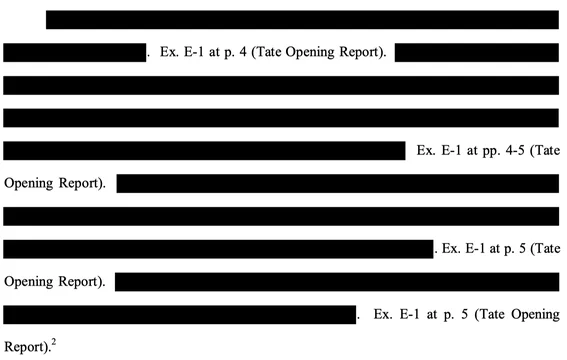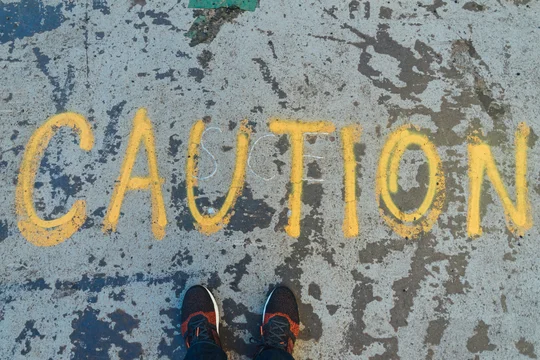
It's easy to forget. But really, really really, you should move to seal the courtroom when either side is discussing your client's confidential information.
As we've discussed before, the standard for sealing information is harsh. Under the Third Circuit's Avandia opinion, in order to show good cause for a protective order to seal, a party must show "with specificity" that “disclosure will work a clearly defined and serious injury to the party seeking closure.” In re Avandia Mktg., Sales Practices & Prods. Liab. Litig., 924 F.3d 662, 671 (3d Cir. 2019). That can be tough to do.
But you know what is even tougher? Redacting information discussed in open court. Then you may not even get to argue the Avandia standard; the Court may reject your request outright.
That's what happened last month in Apple Inc. v. Masimo Corp., C.A. No. 22-1377-JLH, D.I. 818 (D. Del. Dec. 23, 2024), when both parties moved to redact various materials from an October trial.
The Court applied the Avandia standard only to portions of documents that were not discussed in open court. In other words, it was willing to seal the portions of trial exhibits that were entered into the record but weren't discussed.
As to anything discussed in open Court, however, the Court denied the motion outright, without reaching the Avandia test:
A party waives its right to seek to seal information that is discussed in open court without objection. [Littlejohn v. Bic Corp., 851 F.2d 673, 678 (3d Cir. 1988).]
However, the Court’s review of the record reveals that Masimo seeks to seal portions of certain exhibits that were discussed in open court [during trial]. . . . Accordingly, IT IS HEREBY ORDERED that . . . Masimo’s Motion to Seal Certain Trial Exhibits [is] DENIED-IN-PART as to exhibits DTX3049 and PTX-1633. Within 7 days of this order, Masimo shall re-submit proposed redacted versions of DTX-3049 and PTX-1633 that do not redact the portions discussed in open court.
I don't know if the parties here asked the Court to seal the courtroom and the request was denied (which happens), or if they didn't ask at all. Either way, it's something to keep in mind for every hearing and trial that involves either party's confidential information.
If you enjoyed this post, consider subscribing to receive free e-mail updates about new posts.





